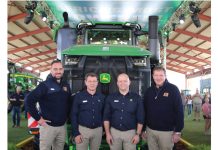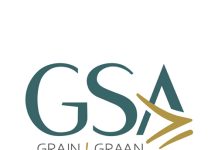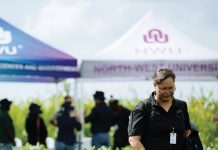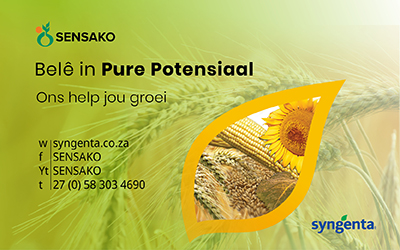The sorghum industry in South Africa is facing huge challenges as both production and consumption have decreased dramatically in the past few decades. Sorghum production declined in part due to reduced demand, and in part due to limited advances in yield potential of sorghum cultivars. However, sorghum remains an important crop for South Africa as well as the broader region due to its high nutritional value and tolerance to drought conditions.
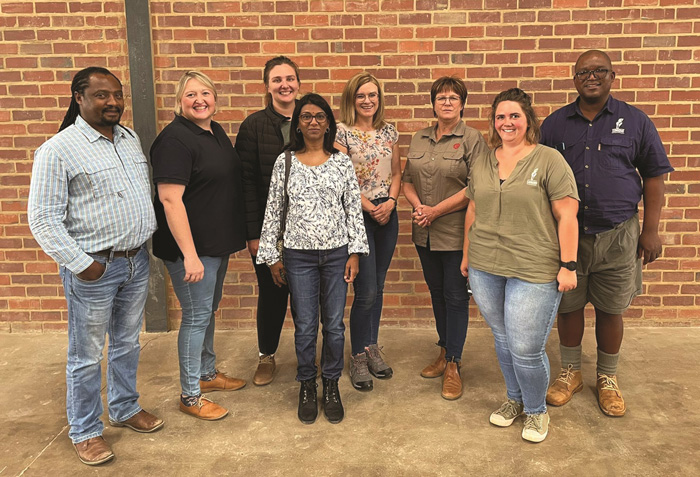
Establishment of a cluster
Due to the importance of sorghum for food and nutrition security for the future, the Department of Science and Innovation (DSI) initiated and funded the study ‘Establish Market Opportunities for Sorghum in South Africa’. The study not only highlighted the major challenges the industry is currently faced with, but also identified potential recommendations that could be implemented for the survival of the sorghum industry.
The report proposed the establishment of a structure, namely a Sorghum Cluster Initiative (SCI), to drive the initiatives recommended in the report. Industry’s involvement in establishing such a cluster is crucial and therefore active participation to build a network between role-players can’t be overemphasised. The SCI will serve as the implementation mechanism to drive various initiatives to support and enhance the competitiveness of the sorghum industry in South Africa.
Purpose of the SCI
The intent is that the SCI be used as 1) a vehicle to promote and implement revival initiatives; 2) a platform for engagement between key stakeholders from all segments in the value chain; and 3) a discussion forum to evaluate and initiate project proposals.
Project initiatives
Using the DSI report as the foundation, numerous meetings were held since mid-2022 with sorghum industry role-players to discuss and debate project initiatives. A summary of the current project initiatives which the industry collectively identified as priority areas is listed below:
1. Establishment and management of a SCI.
- To coordinate all activities within the cluster to elevate the sorghum industry into a sustainable and globally competitive industry.
2. Policy aspects: VAT on sorghum.
- Collaborate with government departments to negotiate and support the removal of VAT on sorghum.
3. Establishment of an agro-processing facility.
- To conduct an in-depth feasibility study on setting up a pilot agro-processing demonstration plant that produces sorghum-based products. The demonstration plant will be used as a platform to develop new businesses and the establishment of more commercially sustainable agro-processing plants.
4. Creating an awareness campaign to market sorghum.
- To boost sorghum demand through targeted marketing and create awareness of sorghum’s health benefits. The aim is to highlight sorghum as a stimulus for economic, health and heritage benefits while building a sizable market with a big demand as well as a value chain to match it.
5. Marketing analysis of the sorghum value chain upgrade.
- To conduct ad hoc market analyses as per request from the SCI.
6. Evaluation of exotic germplasm as a precursor to sorghum pre-breeding.
- The long-term aim of this initiative is to establish a sustainable pipeline of high-performing sorghum hybrids bred under local conditions for all producers. The short-term aim is to strengthen sorghum breeding in South Africa and to investigate the potential to establish a supplementary hybrid prebreeding programme.
7. Alternative quelea control methods.
- Investigate alternative management control options for quelea birds in South Africa. The project aims to develop effective quelea repellents and utilise drone technology for monitoring their behaviour and the efficacy of repellent strategies. By combining the development of repellents with drone-based monitoring, this project seeks to provide an integrated approach for effective quelea management.
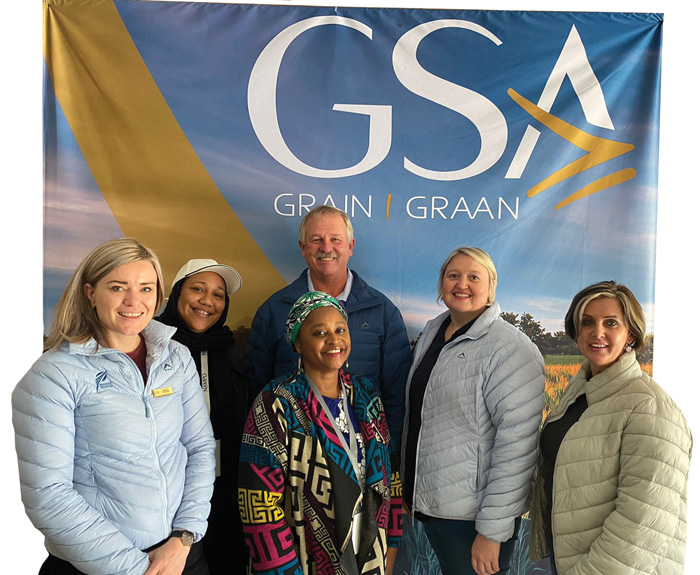
How to get involved
Agri Manage Solutions (AMS) has made great progress in incorporating and reaching out to role-players within the sorghum industry who were not previously part of the Sorghum Forum.
There is great excitement as the well-known chef, Mokgadi Itsweng, is one of the actively participating role-players within the cluster and is already using her networks to create awareness of sorghum’s nutritional and health benefits among consumers. It is such an honour to have her involved and share her expertise.
If you have a passion for sorghum and want to get involved, contact Petru Fourie from Agri Manage Solutions at petru@agrimanage.co.za who serves as the convenor of the Sorghum Cluster Initiative.




